Money whispers in the halls of power, but for billions around the globe, its absence screams through empty stomachs and broken dreams. This stark contrast between wealth and poverty has long been a defining feature of our world, shaping societies, influencing politics, and determining the fate of countless individuals. The intricate dance between wealth, poverty, and politics is a complex choreography that demands our attention and understanding.
In today’s globalized world, the distribution of wealth plays a pivotal role in shaping international relations and domestic policies. From the bustling financial districts of New York and London to the remote villages of sub-Saharan Africa, the impact of economic disparities is felt across borders and cultures. But what exactly do we mean when we talk about wealth and poverty in the context of politics?
Defining the Terms: Wealth, Poverty, and Politics
Wealth, in its simplest form, refers to the abundance of valuable resources or material possessions. However, in the realm of politics, wealth extends beyond mere monetary value. It encompasses power, influence, and the ability to shape societal structures. On the other hand, poverty is not just the absence of wealth but a multidimensional state of deprivation that affects various aspects of life, including health, education, and social participation.
Politics, the art of governance and power distribution, serves as the arena where wealth and poverty intersect. It’s the system through which societies make decisions about resource allocation, policy formation, and the overall direction of a nation or community. Understanding the connections between these three elements is crucial for anyone seeking to comprehend the forces that shape our world.
Historically, the relationship between wealth, poverty, and politics has been a tumultuous one. From the feudal systems of medieval Europe to the industrial revolutions that reshaped economies, the distribution of wealth has always been closely tied to political structures. The 20th century saw the rise of various economic theories and political ideologies, each attempting to address the persistent issue of inequality.
The Global Tapestry of Economic Inequality
In our modern world, economic inequality across nations paints a vivid picture of the global wealth distribution. While some countries enjoy unprecedented prosperity, others struggle with extreme poverty. This disparity is not just a matter of numbers on a balance sheet; it has real-world consequences that ripple through international relations and domestic policies.
The Pareto Distribution Wealth principle, often referred to as the 80/20 rule, offers a stark illustration of this inequality. In many economies, roughly 80% of the wealth is controlled by 20% of the population. This concentration of resources in the hands of a few has profound implications for political systems and social stability.
Different political systems have varying impacts on wealth concentration. Democratic nations often strive for a balance between free-market principles and social welfare, while authoritarian regimes may concentrate wealth among a small elite. The ongoing debate between capitalism and socialism continues to shape economic policies and wealth distribution strategies worldwide.
Globalization has added another layer of complexity to this picture. While it has created unprecedented opportunities for wealth creation, it has also exacerbated inequalities both within and between nations. The ease with which capital can flow across borders has led to a race to the bottom in some areas, with countries competing to offer the most attractive conditions for investment, often at the expense of workers’ rights and environmental protections.
The Political Face of Poverty
Poverty is not just an economic condition; it’s a political reality with far-reaching implications. The causes of poverty vary widely depending on the political context. In some cases, it’s the result of systemic inequalities built into the very fabric of society. In others, it’s exacerbated by corruption, conflict, or mismanagement of resources.
One of the most insidious effects of poverty is its impact on political participation. When individuals are struggling to meet their basic needs, they often lack the time, resources, or education to engage meaningfully in the political process. This creates a vicious cycle where those most affected by political decisions have the least say in making them.
Governments around the world have implemented various policies to address poverty, with varying degrees of success. From social welfare programs to microfinance initiatives, the approaches are as diverse as the societies they serve. However, the effectiveness of these policies often depends on the political will to implement and sustain them.
Wealth’s Whisper in the Corridors of Power
While poverty can silence political voices, wealth often amplifies them. The influence of money on political power is a phenomenon observed across different political systems. In democracies, this influence often manifests through campaign financing and political donations. The ability of wealthy individuals and corporations to fund political campaigns can shape the priorities of elected officials and influence policy decisions.
Lobbying is another powerful tool through which wealth exerts its influence on politics. Well-funded interest groups can sway legislation in their favor, often at the expense of broader public interests. This has led to growing concerns about the erosion of democratic principles and the concentration of power in the hands of a wealthy elite.
The concept of wealth-driven policy making is not new. Throughout history, we’ve seen examples of Acquiring Wealth for the Mother Country: Historical Strategies and Modern Implications, where economic policies were designed to benefit the ruling class or colonial powers. While the overt imperialism of the past may have faded, the underlying dynamics of wealth influencing policy continue to shape our world.
The Ideological Battlefield: Economic Theories and Political Philosophies
The debate between capitalism and socialism has been one of the defining ideological battles of the modern era. Each system offers a different vision of how wealth should be created, distributed, and managed within society. Capitalist systems emphasize free markets and individual property rights, arguing that this leads to greater overall prosperity. Socialist systems, on the other hand, advocate for more collective ownership and distribution of resources to address inequalities.
In practice, most societies fall somewhere on a spectrum between these two extremes. The concept of the welfare state, which aims to provide a social safety net while maintaining a market economy, has been a common compromise in many developed nations. However, the effectiveness and sustainability of welfare state policies remain subjects of ongoing debate.
One particularly contentious economic theory is that of trickle-down economics. This approach suggests that tax cuts and other benefits for the wealthy and corporations will eventually benefit the broader population as wealth “trickles down” through increased investment and job creation. Critics argue that this theory has failed to deliver on its promises and has instead contributed to growing inequality.
Global Efforts to Bridge the Divide
Recognizing the global nature of wealth inequality and poverty, international organizations have taken on an increasingly important role in addressing these issues. The United Nations, World Bank, and International Monetary Fund, among others, have launched various initiatives aimed at reducing poverty and promoting more equitable economic growth.
One of the most ambitious global efforts in recent years has been the adoption of the Sustainable Development Goals (SDGs). These 17 interconnected goals, agreed upon by all UN member states, include targets for reducing poverty, inequality, and promoting sustainable economic growth. The SDGs represent a comprehensive approach to addressing the complex interplay between wealth, poverty, and politics on a global scale.
However, implementing global solutions faces numerous challenges. National sovereignty concerns, conflicting economic interests, and the sheer scale of the problems can make coordinated action difficult. Additionally, the effectiveness of international aid and development programs has been a subject of ongoing debate and scrutiny.
The Path Forward: Navigating the Complexities
As we look to the future, it’s clear that the relationship between wealth, poverty, and politics will continue to evolve. Technological advancements, climate change, and shifting global power dynamics will all play a role in shaping this landscape. The challenge for societies will be to find ways to harness the productive power of wealth creation while ensuring more equitable distribution of its benefits.
One promising approach is the concept of Solidarity Wealth: Building Community Prosperity Through Collective Economic Action. This model emphasizes community-based economic development and shared ownership, offering a potential middle ground between pure capitalism and socialism.
Education will also play a crucial role in addressing these issues. By promoting financial literacy and critical thinking about economic systems, we can empower individuals to make informed decisions and participate more fully in the political process. For those looking to deepen their understanding, there are numerous Books About Wealth Inequality: Essential Reads on Economic Disparity that offer valuable insights into these complex issues.
Ultimately, addressing the challenges posed by the interplay of wealth, poverty, and politics will require a multifaceted approach. It will demand innovative policy solutions, greater international cooperation, and a renewed commitment to creating more inclusive economic systems. As individuals, we can contribute by staying informed, engaging in our communities, and advocating for policies that promote greater equity and opportunity for all.
The journey towards a more balanced and just world is not an easy one, but it is a necessary endeavor. By understanding the complex relationships between wealth, poverty, and politics, we can work towards solutions that create prosperity not just for the few, but for all members of our global community. After all, as we’ve learned, The Opposite of Poverty Is Not Wealth: Exploring the True Antidote to Economic Inequality. It’s a world where everyone has the opportunity to thrive, contribute, and live with dignity.
As we conclude this exploration of wealth, poverty, and politics, it’s clear that these issues are far from abstract concepts. They shape our daily lives, influence our opportunities, and determine the future of our societies. The challenge before us is to move beyond simply understanding these dynamics to actively working towards more equitable and sustainable solutions.
Whether it’s through supporting policies that address wealth inequality, engaging in community-based economic initiatives, or simply being more conscious consumers and citizens, each of us has a role to play. The whispers of money in the halls of power may be quiet, but our collective voice for change can be loud and clear.
Let this be a call to action. Educate yourself further on these issues. Engage in your local political processes. Support initiatives that promote economic justice. Remember, the future of our societies depends not just on the decisions made by those in power, but on the active participation of informed and engaged citizens like you.
In the end, the true measure of our progress will not be found in the wealth of nations, but in the dignity and well-being of all people. It’s a lofty goal, but one worth striving for. After all, in the grand tapestry of human history, it’s not the accumulation of wealth that defines us, but how we use our resources to lift up all members of our global community.
References:
1. Piketty, T. (2014). Capital in the Twenty-First Century. Harvard University Press.
2. Stiglitz, J. E. (2012). The Price of Inequality: How Today’s Divided Society Endangers Our Future. W. W. Norton & Company.
3. United Nations. (2015). Transforming our world: The 2030 Agenda for Sustainable Development. https://sdgs.un.org/2030agenda
4. Oxfam International. (2021). The Inequality Virus: Bringing together a world torn apart by coronavirus through a fair, just and sustainable economy. https://www.oxfam.org/en/research/inequality-virus
5. World Bank. (2020). Poverty and Shared Prosperity 2020: Reversals of Fortune. Washington, DC: World Bank.
6. Milanovic, B. (2016). Global Inequality: A New Approach for the Age of Globalization. Harvard University Press.
7. Sen, A. (1999). Development as Freedom. Oxford University Press.
8. Sachs, J. D. (2005). The End of Poverty: Economic Possibilities for Our Time. Penguin Press.
9. Acemoglu, D., & Robinson, J. A. (2012). Why Nations Fail: The Origins of Power, Prosperity, and Poverty. Crown Business.
10. Atkinson, A. B. (2015). Inequality: What Can Be Done? Harvard University Press.

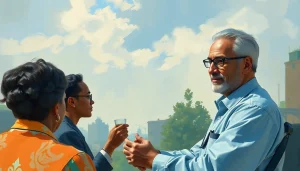
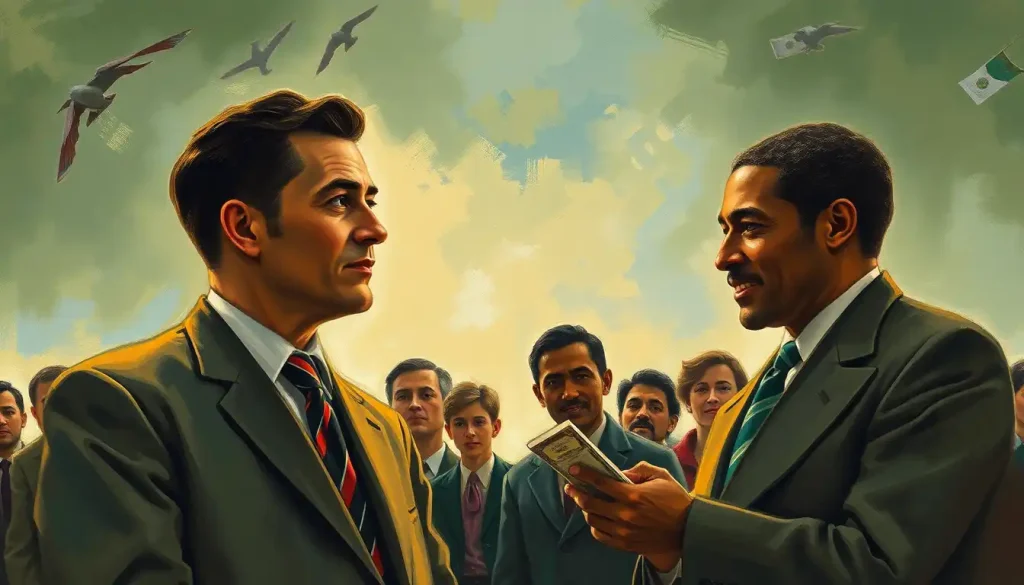


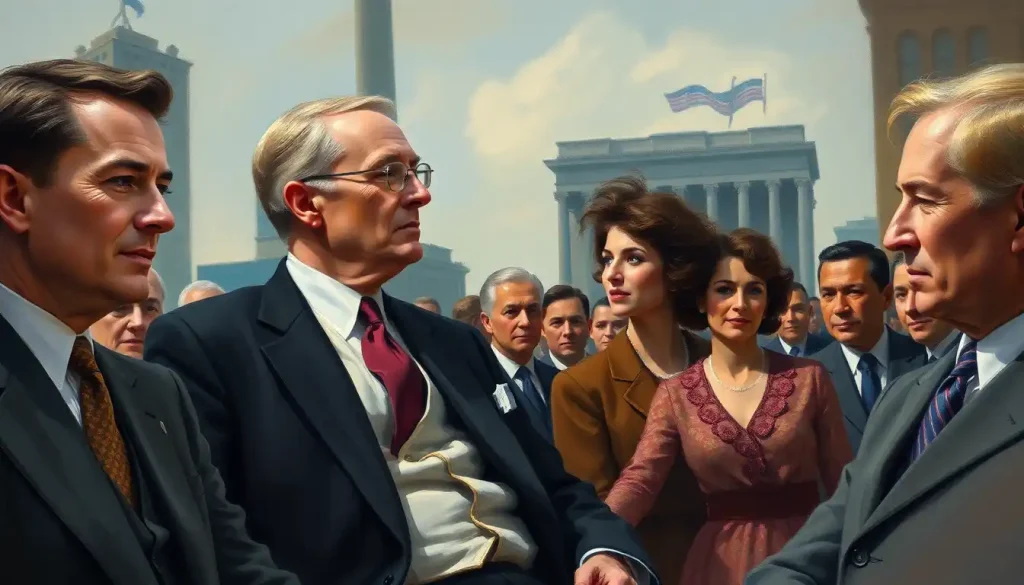
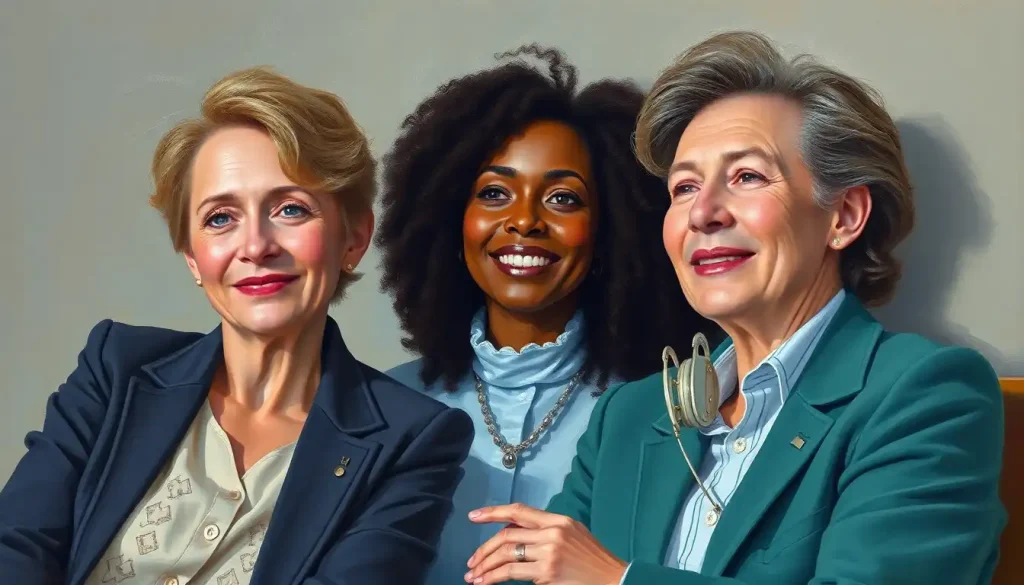
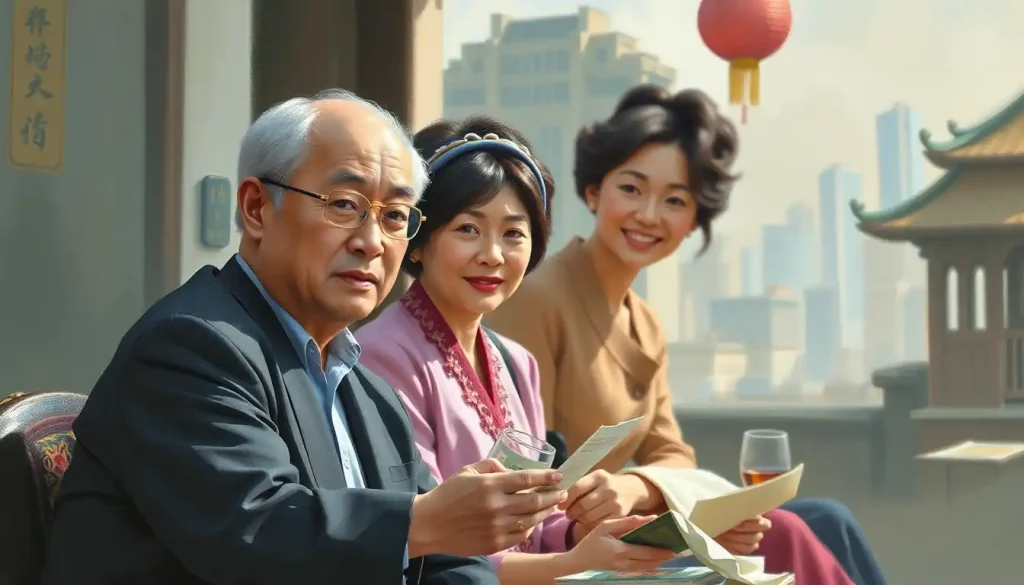
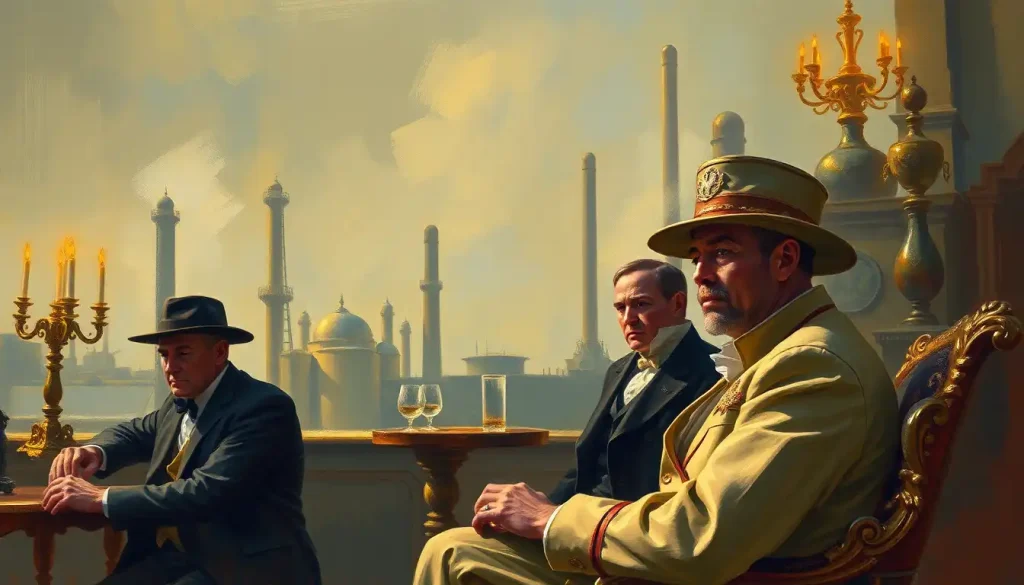
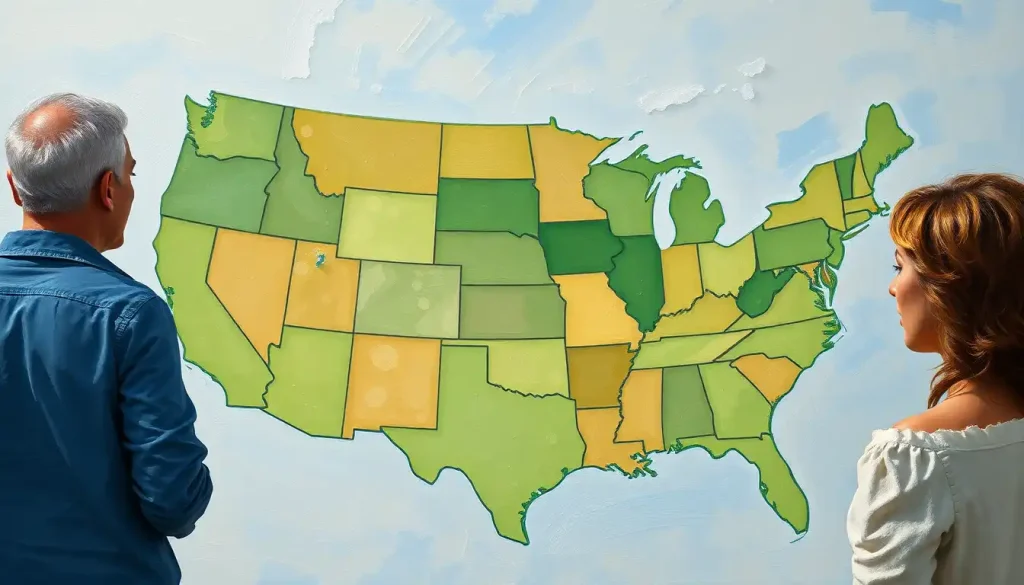


Would you like to add any comments? (optional)